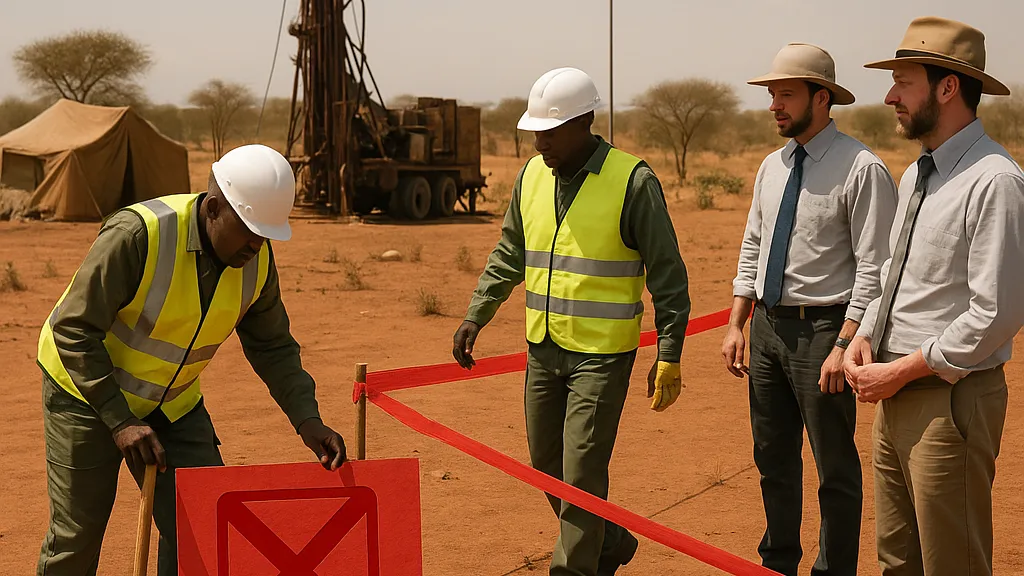Mali Revokes Over 90 Mining Exploration Permits Amid Regulatory Crackdown

Mali cancels over 90 mining exploration permits in a sweeping regulatory reform to tighten control, enforce compliance, and attract responsible investors.
Mali has initiated a sweeping regulatory reform in its mining industry by revoking more than 90 exploration permits, signaling a decisive move to reinforce compliance and accountability across the sector. The cancellations, formalized under a decree signed by Mines Minister Amadou Keita on October 13, target both domestic and international operators, including subsidiaries of major firms such as Harmony Gold, IAMGOLD, Cora Gold, Birimian Gold, and Resolute Mining. This crackdown underscores Mali’s growing determination to ensure that exploration activities align with newly revised mining laws and to reclaim control over underutilized or dormant mineral assets.
The revoked permits, which were originally granted between 2015 and 2022, covered exploration for a diverse range of minerals, including gold, iron ore, bauxite, uranium, and rare earth elements. Authorities cited widespread non-compliance with updated documentation and operational standards as the primary cause for the cancellations. All rights associated with these permits have now been voided, leaving the affected exploration areas open for reallocation to new investors who meet the tightened legal requirements. While it remains unclear whether companies can appeal or reapply for their concessions, Cora Gold clarified that some of its affected licenses had already been voluntarily relinquished in previous years, reducing the practical impact on its ongoing operations.
This development places Mali alongside other African nations such as Guinea, which have recently intensified regulatory oversight in the mining industry. By canceling non-compliant or inactive permits, these governments aim to enhance resource governance, boost state revenues, and attract serious investors who adhere to legal and environmental standards. The move also coincides with declining gold output projections and rising investor caution, driven by security challenges and policy uncertainty in Mali’s mining corridors. At the same time, the Malian government is deepening its strategic partnerships with Russia through new mining and energy cooperation agreements, further diversifying its international alliances and reducing reliance on traditional Western investors.
Overall, the revocation of these permits marks a significant shift in Mali’s resource governance strategy. By tightening its regulatory framework and prioritizing compliance, Mali seeks to rebuild investor confidence while ensuring that its natural wealth contributes more effectively to national development. However, the immediate effect may be a temporary slowdown in exploration activity as companies reassess operational risks and adjust to the new legal environment. In the long term, this reform could lead to a more transparent and resilient mining sector, fostering sustainable growth and improved state control over strategic mineral resources in West Africa.
Mini-Glossary
- Exploration permit: A government authorization allowing a company to search for mineral resources in a defined area.
- Compliance: Adherence to laws, regulations, and operational standards set by authorities.
- Dormant permit: A mining or exploration license that is inactive or underutilized.
- Concession: A legally defined area granted to a company for exploration or extraction of resources.
- Regulatory regime: The system of rules and enforcement mechanisms governing an industry.
